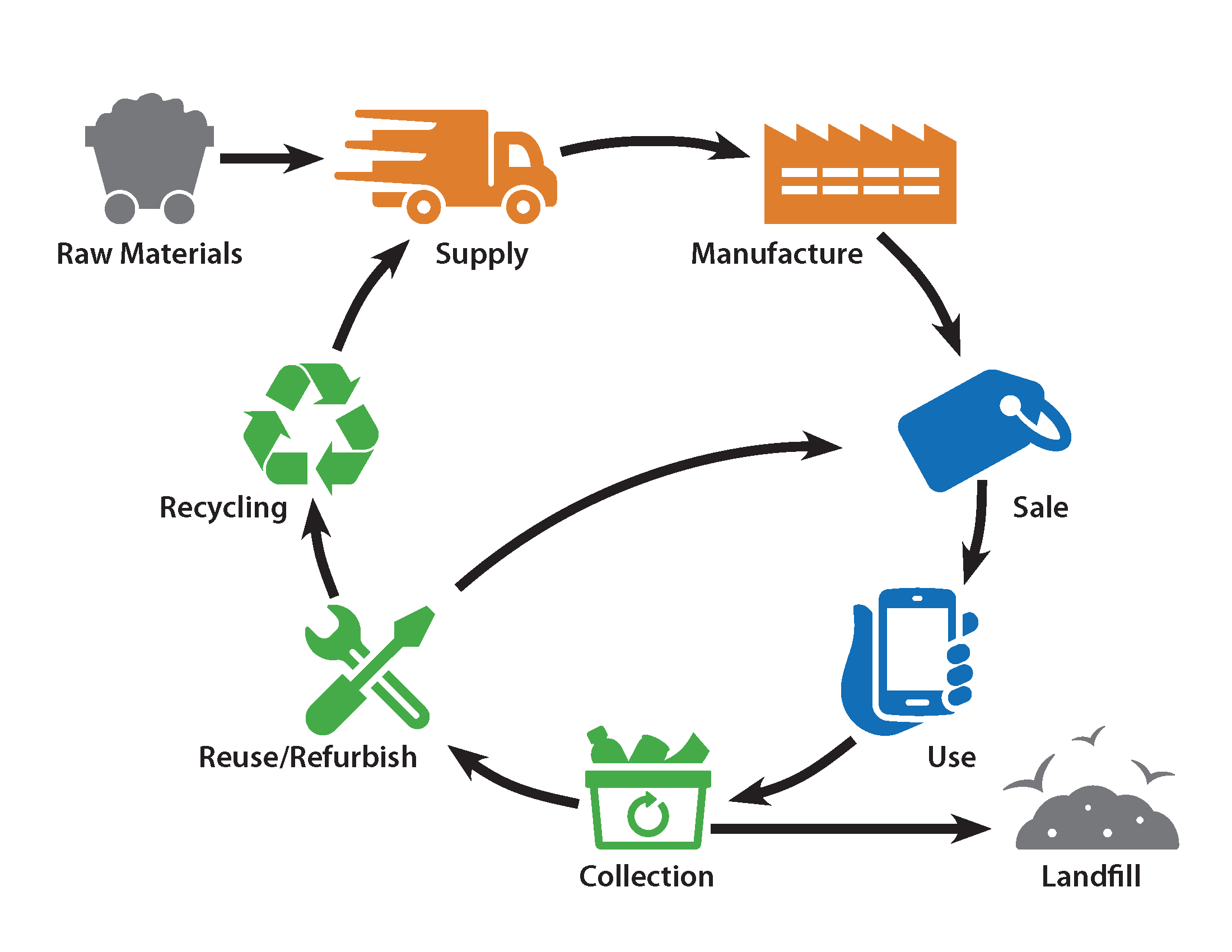Battery disposal locations are commonly found at local recycling centers and electronics stores. These locations ensure proper recycling and disposal of used batteries, preventing environmental harm.
Finding the nearest battery disposal location is essential for responsible waste management and environmental protection. By utilizing designated drop-off points, individuals can contribute to sustainability efforts and minimize the negative impact of battery waste on the ecosystem. Many communities offer convenient options for battery recycling to promote a cleaner and greener environment.
Proper disposal of batteries also helps prevent potential hazards and contamination of soil and water sources. Remember, every effort counts in preserving our planet for future generations.
Contents
Why Proper Battery Disposal Matters
Improper disposal of batteries can have detrimental effects on the environment and human health. It’s very important to understand the significance of responsible battery disposal and the impact it has on our surroundings.
Environmental Impacts
Discarding batteries in regular waste can lead to the release of harmful chemicals into the environment. When batteries decompose in landfills, toxic substances such as lead, mercury, and cadmium can seep into the soil and contaminate water sources, posing a threat to wildlife and ecosystems.
Health Risks
Exposure to the toxins present in batteries can have severe health implications. Lead and cadmium, for example, are known to cause neurological and kidney damage in humans. When batteries break down in landfills, these substances can leach into the soil and eventually make their way into the food chain, potentially affecting human health.

Credit: www.epa.gov
Types Of Batteries And Disposal Methods
Dispose of different types of batteries responsibly by finding battery disposal locations near you. Look for designated drop-off points at local recycling centers, electronic stores, or community collection events. Ensure proper disposal to protect the environment and prevent hazardous waste.
When it comes to disposing of batteries, it’s important to know the proper methods for each type to prevent harm to both people and the environment. There are two main types of batteries: single-use and rechargeable. Each type requires different disposal methods. Additionally, lithium-ion batteries require special handling due to their potential for causing fires.
Single-use Vs. Rechargeable
Single-use batteries, also known as primary batteries, are meant to be used once and then disposed of. These batteries are typically found in common household items such as remote controls, toys, and flashlights. They can be disposed of in the regular trash, but it’s recommended to recycle them if possible. Many stores that sell batteries also offer battery recycling programs.
Rechargeable batteries, also known as secondary batteries, are designed to be used multiple times. These batteries can be found in items such as laptops, cell phones, and power tools. Rechargeable batteries should be recycled rather than thrown away, as they contain heavy metals and other toxic materials. Many electronics stores offer recycling programs for rechargeable batteries.
Special Handling For Lithium-ion
Lithium-ion batteries are commonly used in electronics such as smartphones, laptops, and tablets. These batteries are known for their potential to cause fires if not handled properly. As such, they require special handling when being disposed of. It’s recommended to recycle lithium-ion batteries through a certified e-waste recycler. Many electronics manufacturers offer take-back programs for their products, including lithium-ion batteries.
Overall, it’s important to be aware of the different types of batteries and their proper disposal methods to ensure they are disposed of safely and responsibly. By taking the time to recycle batteries, we can reduce the amount of harmful waste that ends up in landfills and protect the environment.
Finding Battery Recycling Locations Near You
Discover convenient battery disposal locations near you to ensure proper recycling and environmental preservation. Find a range of collection points for safe battery disposal, helping to reduce waste and protect the planet.
Online Resources
Online directories and platforms can help you locate battery recycling centers quickly. Simply enter your zip code to find the nearest drop-off locations.
Retailer Take-back Programs
Many retailers offer take-back programs where you can return used batteries for proper disposal. Check with stores like Home Depot or Best Buy for more information.

Credit: www.arlingtonva.us
Frequently Asked Questions
Faq 1: Where Can I Dispose Of My Used Batteries?
You can safely dispose of your used batteries at designated battery recycling centers, local electronics stores, or community collection events.
Faq 2: Are There Any Specific Regulations For Battery Disposal?
Yes, there are regulations in place for battery disposal to ensure proper handling and minimize environmental impact. It is important to comply with local, state, and federal guidelines.
Faq 3: Can I Throw Batteries In The Regular Trash?
No, it is not recommended to throw batteries in the regular trash as they contain hazardous materials that can harm the environment. It is best to recycle them properly.
Faq 4: What Types Of Batteries Can Be Recycled?
Various types of batteries can be recycled, including alkaline, rechargeable, lithium-ion, and button cell batteries. Each type may have different recycling methods, so it’s important to check with your local recycling facility.
Faq 5: How Can I Find Battery Disposal Locations Near Me?
You can easily find battery disposal locations near you by using online directories, such as Earth911, or by contacting your local recycling center or waste management department.
Conclusion
In sum, finding proper battery disposal locations is important for environmental protection and public safety. By utilizing designated collection sites, we can ensure that batteries are recycled responsibly. This not only minimizes harm to the environment but also conserves valuable resources. Together, we can make a positive impact on our planet.